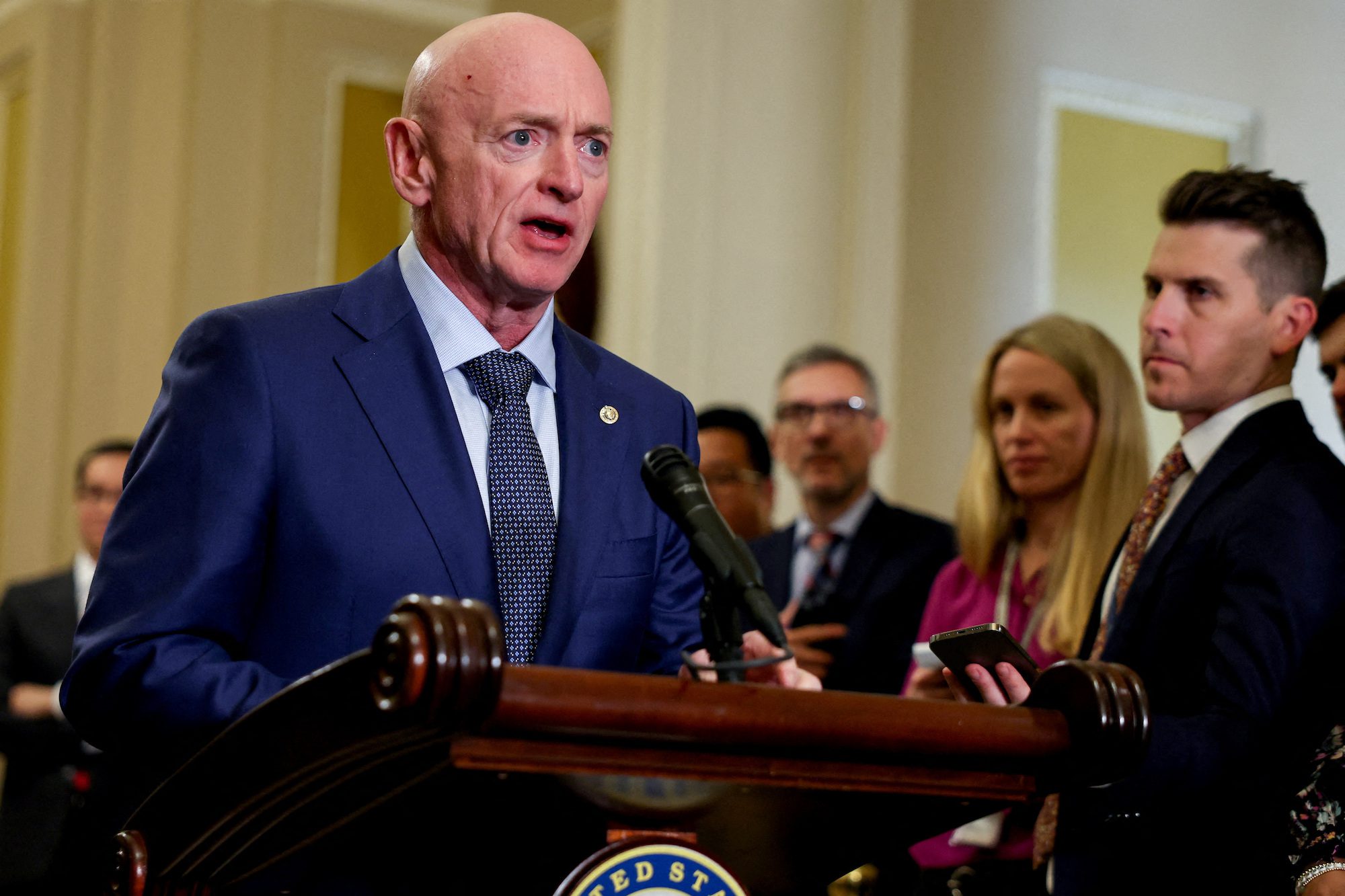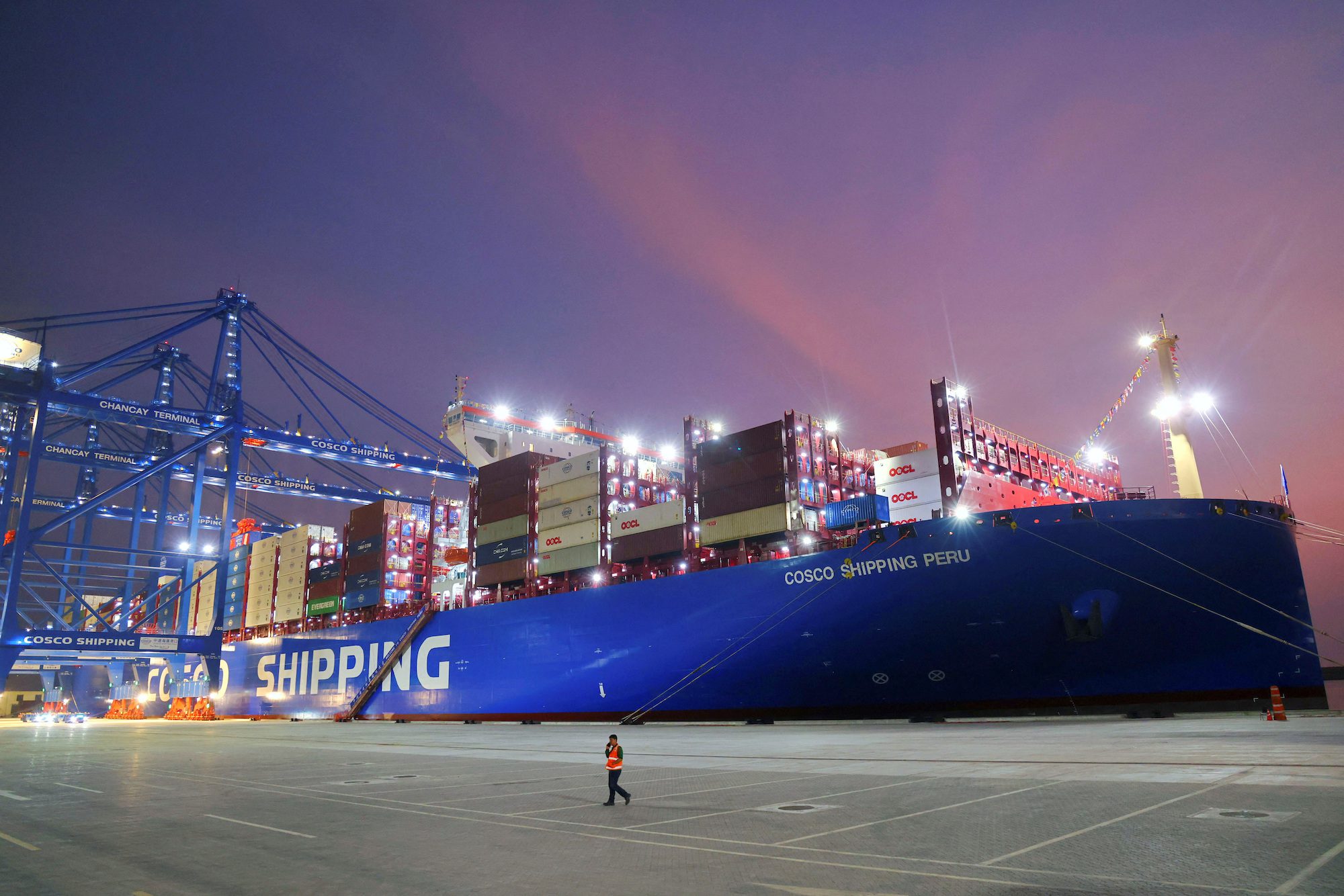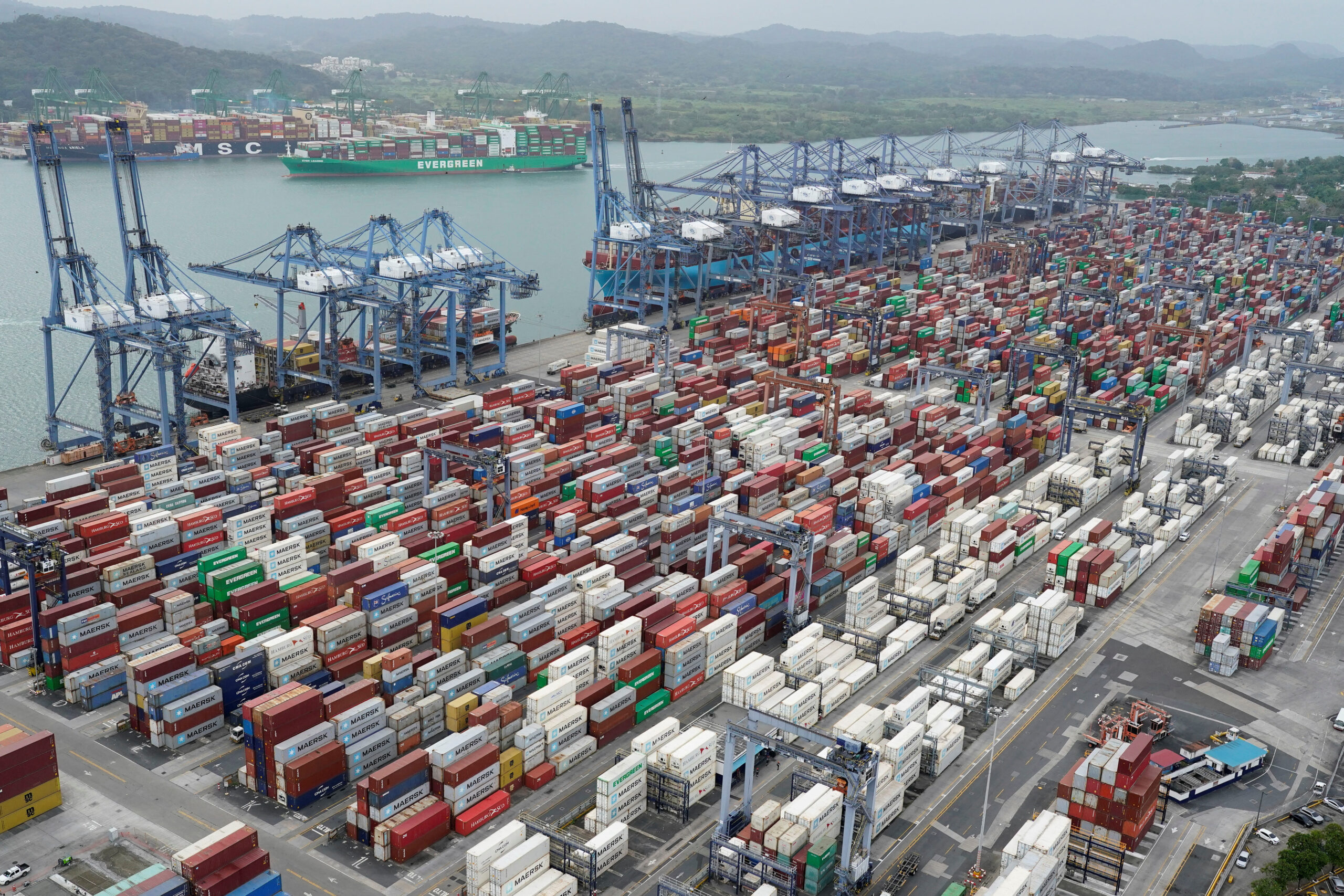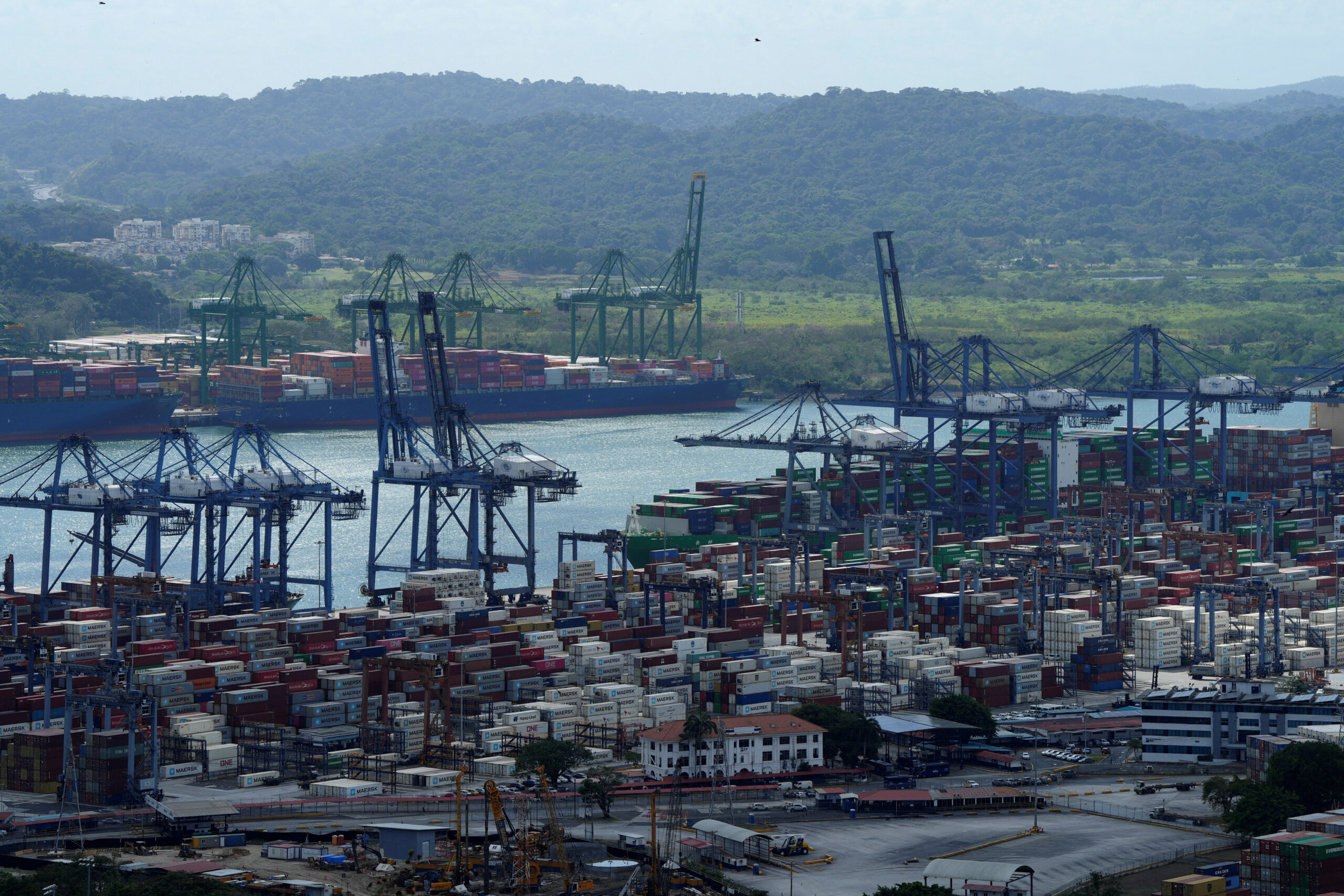A bipartisan group of senators has introduced legislation aimed at monitoring and countering China’s expanding control over strategic ports worldwide, addressing what lawmakers call a direct threat to American national security and economic interests.
The Strategic Ports Reporting Act, introduced by Senators Mark Kelly (D-AZ), Ted Budd (R-NC), and Rick Scott (R-FL), would require the Secretary of State and Secretary of Defense to develop a comprehensive global mapping of ports considered vital to U.S. military, diplomatic, economic, and resource exploration interests.
The legislation specifically targets efforts by the People’s Republic of China to build, buy, or control strategic maritime infrastructure around the world. It mandates a detailed study of PRC activities related to port ownership and requires an assessment of vulnerabilities in U.S.-controlled ports.
“China’s growing influence over the oceans can have serious consequences for our national security and economy,” said Senator Kelly. “This bipartisan bill will strengthen our global maritime leadership.”
Senator Budd, referencing a January Senate Commerce Committee hearing on Chinese influence over the Panama Canal, emphasized the need for “comprehensive monitoring of PRC activities at domestic and foreign ports that threaten our national interest.”
The bill would require the creation of a detailed list of strategic ports controlled by both China and the United States, along with an assessment of vulnerabilities and the national security implications of Chinese control.
Additionally, the legislation calls for a strategy to secure trusted investment and ownership of strategic ports, protect infrastructure from Chinese control, and ensure open access and security for such ports.
“The Chinese Communist Party’s increasing influence over global trade routes and strategic infrastructure poses a direct threat to the United States’ national security and economic stability,” said Senator Scott. “From the Panama Canal to ports across the world, Communist China is working to grow its economic and military presence to threaten and undermine American interests.”
The House companion bill is led by Representatives Bill Huizenga (R-MI-4), Rob Wittman (R-VA-1), Jake Auchincloss (D-MA-4), and Johnny Olszewski (D-MD-6).
Under the legislation, strategic ports are defined as international ports or waterways that relevant U.S. government offices determine are critical to the national security or economic prosperity of the United States.
The bill requires the Secretary of State and Secretary of Defense to submit their findings within one year of enactment, with the report to be submitted in unclassified form but potentially including a classified annex.
Editorial Standards · Corrections · About gCaptain

 Join The Club
Join The Club











